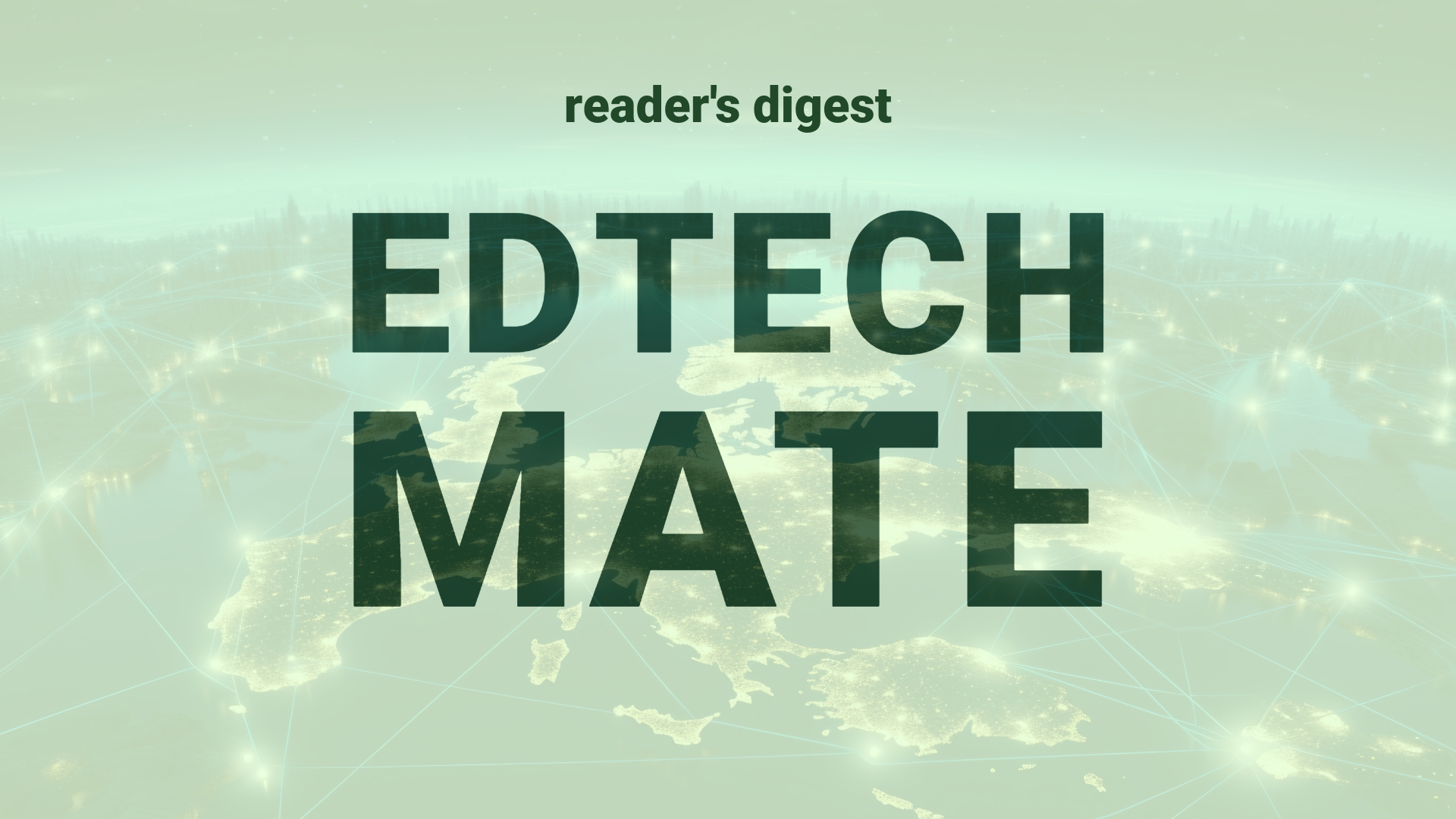Executive Summary and Main Points
The latest development in the intersection of technology and regulation sees the Federal Trade Commission (FTC) escalating its investigations around TikTok and its parent company ByteDance by referring the case to the U.S. Department of Justice. Originating from a 2019 settlement with Musical.ly over violations of the Children’s Online Privacy Protection Act (COPPA), this move implies serious concerns regarding “unfair and deceptive” business practices. TikTok’s safety operations and its commitment to protect children’s privacy are central to the controversy. Additionally, TikTok’s legal battles include a lawsuit against the U.S. government related to potential banning measures which cite First Amendment violations and the complex nature of mandated divestiture.
Potential Impact in the Education Sector
The escalating scrutiny of TikTok by U.S. regulators has profound implications for Further Education, Higher Education, and Micro-credentials. This scenario underscores the critical need for stringent data protection and child safety policies within educational technology platforms. With TikTok’s widespread popularity among youths, these developments could lead to more vigorous discussions around the ethical use of social media and technology within educational institutions. The case also highlights the importance of international collaboration and strategic partnerships in managing digital platforms and their content, potentially influencing how educational providers integrate similar technology in their curricula and communications strategies.
Potential Applicability in the Education Sector
The situation with TikTok presents an opportunity for educational leaders to explore innovative applications that could bolster data protections and enhance digital literacy. AI-driven monitoring systems for safeguarding student data and privacy could be developed, alongside the introduction of digital tools for age verification and content management in line with COPPA and similar international guidelines. Given TikTok’s engagement model, educational institutions might assess similar technologies that can provide engaging and interactive content delivery while ensuring compliance with global data protection norms.
Criticism and Potential Shortfalls
Critical analysis of the TikTok case reveals potential shortfalls in proactively managing user data and enforcing age-related content restrictions. The focus on past events and practices, as highlighted by TikTok’s response, suggests that existing safety measures may not evolve quickly enough to address real-time changes in platform usage and legal requirements. International case studies, like the privacy challenges experienced by the EU’s GDPR enforcement or varying content regulation across countries, illustrate the complexities and inconsistencies in global digital regulation. Ethical and cultural considerations highlight the diversity of user expectations regarding privacy and the importance of culturally sensitive approaches to technology regulation in education.
Actionable Recommendations
In light of the issues raised by TikTok’s regulatory challenges, educational institutions can take several actionable steps. Implementing robust privacy frameworks that anticipate changes in both technology and legislation should be a priority. Educators and technology leaders must partner to create digital literacy programs that educate students and staff about data protection and responsible social media use. Additionally, exploring synergies with compliant technology providers who prioritize user safety can pave the way for creating secure, engaging, and educationally valuable digital environments. Lastly, international education leadership must advocate for clear global standards and actively participate in the dialogue shaping the future of technology’s role in education
Source article: https://www.cnbc.com/2024/06/18/ftc-refers-tiktok-complaint-to-doj.html

